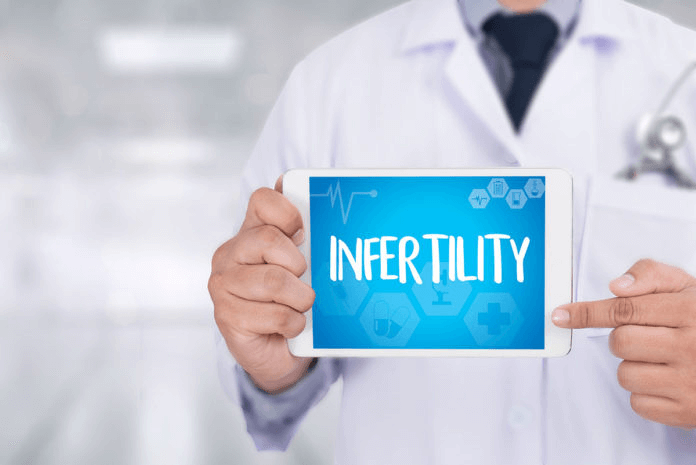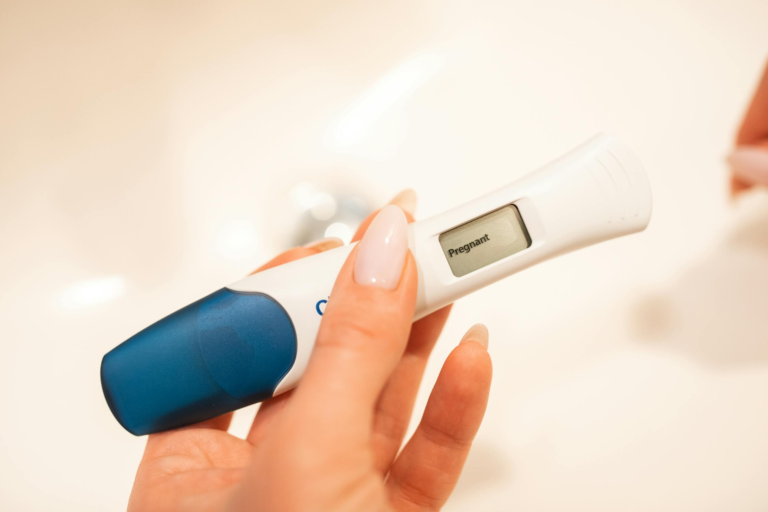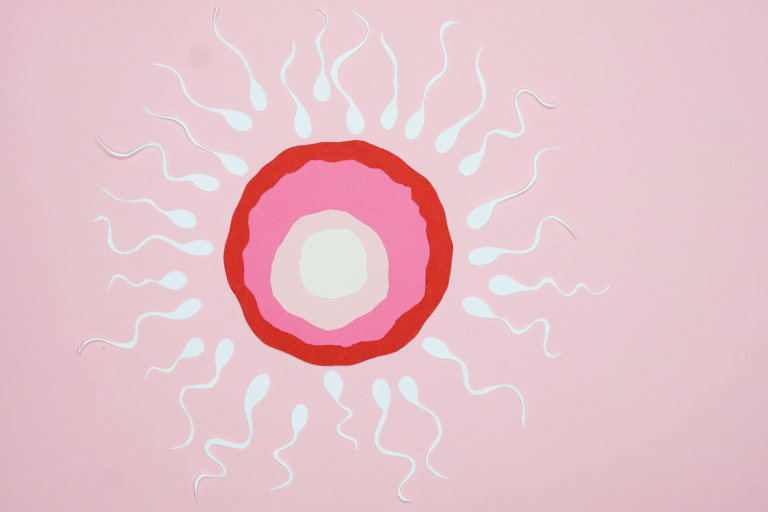Understanding and Addressing Common Causes of Infertility

Experiencing difficulty conceiving can be a challenging and emotional journey for many couples. Approximately one in seven couples face infertility issues, which can stem from a variety of factors. Identifying these factors is crucial in finding the right treatment and ultimately achieving a successful pregnancy.
Key Causes of Infertility
- Male Factors (30%): These include issues such as poor sperm quality, low sperm count, and ejaculation problems.
- Female Ovulation Issues (25%): Problems like irregular ovulation or anovulation (absence of ovulation) can significantly impact fertility.
- Fallopian Tube Damage (20%): Blockages or damage to the fallopian tubes can prevent the egg from reaching the uterus or the sperm from reaching the egg.
Additionally, up to 50% of women with infertility may have endometriosis, a condition that can cause both ovulation issues and damage to reproductive organs. Other less common issues may involve abnormalities in the uterus or complications during the fertilization and embryo development stages.
In some cases, infertility may result from a combination of male and female factors, or remain unexplained, affecting about 25% of couples.
Ovulation and Egg Problems
- Polycystic Ovary Syndrome (PCOS): A common condition characterized by irregular menstrual cycles, excess hair growth, and acne.
- Thyroid Disorders: Both hyperthyroidism and hypothyroidism can disrupt menstrual cycles and ovulation.
- Pituitary Gland Issues: Conditions like hypogonadotrophic hypogonadism and hyperprolactinaemia can affect hormone levels, impacting ovulation.
- Premature Ovarian Failure: Early menopause or a significant decrease in ovarian function before the age of 40.
Symptoms and Solutions
- PCOS Symptoms: Irregular periods, thinning hair, excess body hair, oily skin, and weight gain.
- Thyroid Problems: Symptoms include fatigue, weight changes, and mood disturbances.
- Ovarian Issues: Typically marked by irregular or absent periods, with some experiencing menopausal symptoms like hot flushes.
Treatment Options:
- Weight Management: Achieving a healthy BMI can restore ovulation and improve fertility.
- Medication: Hormonal treatments can stimulate ovulation.
- Surgery: Procedures like laparoscopic ovarian drilling can help induce ovulation.
- Assisted Reproductive Technologies (ART): Includes options like IVF and using donor eggs.
Fallopian Tube Blockages
Blockages can occur due to conditions like pelvic inflammatory disease (PID), endometriosis, or fibroids, preventing the egg and sperm from meeting.
Symptoms and Solutions:
- Symptoms: Can include pelvic pain, heavy periods, or no symptoms at all.
- Treatment: Surgical intervention may be required to remove blockages or, in severe cases, IVF may be recommended.
Male Fertility Issues
- Sperm Problems: Issues with sperm count, motility, or shape.
- Ejaculation Disorders: Conditions like retrograde ejaculation can prevent sperm from reaching the egg.
- Testicular Problems: May result from infections, surgeries, or injuries.
- Hormonal Imbalances: Can lead to symptoms like low libido or erectile dysfunction.
Treatment Options:
- Hormonal Treatments: To correct imbalances.
- Surgical Solutions: For correcting blockages or structural issues.
- Assisted Reproductive Techniques: Such as ICSI, where a single sperm is injected directly into an egg.
- Donor Sperm: An option if the male partner has no viable sperm or there is a risk of genetic conditions.
Seeking Help and Diagnosis
Couples struggling to conceive should consult a GP for an initial assessment, which may include tests for both partners. Depending on the findings, a referral to a fertility specialist may be necessary for further investigation and treatment.
Resources:
- Ovulation Calculator: Helps predict fertile windows.
- Fertility Testing Information: Guides on what to expect during fertility evaluations.
- Assisted Conception Treatments: Overview of options like IVF and ICSI.
This comprehensive overview highlights the importance of early diagnosis and treatment in addressing infertility. While the journey may be challenging, many couples find success with the right medical support and interventions.






